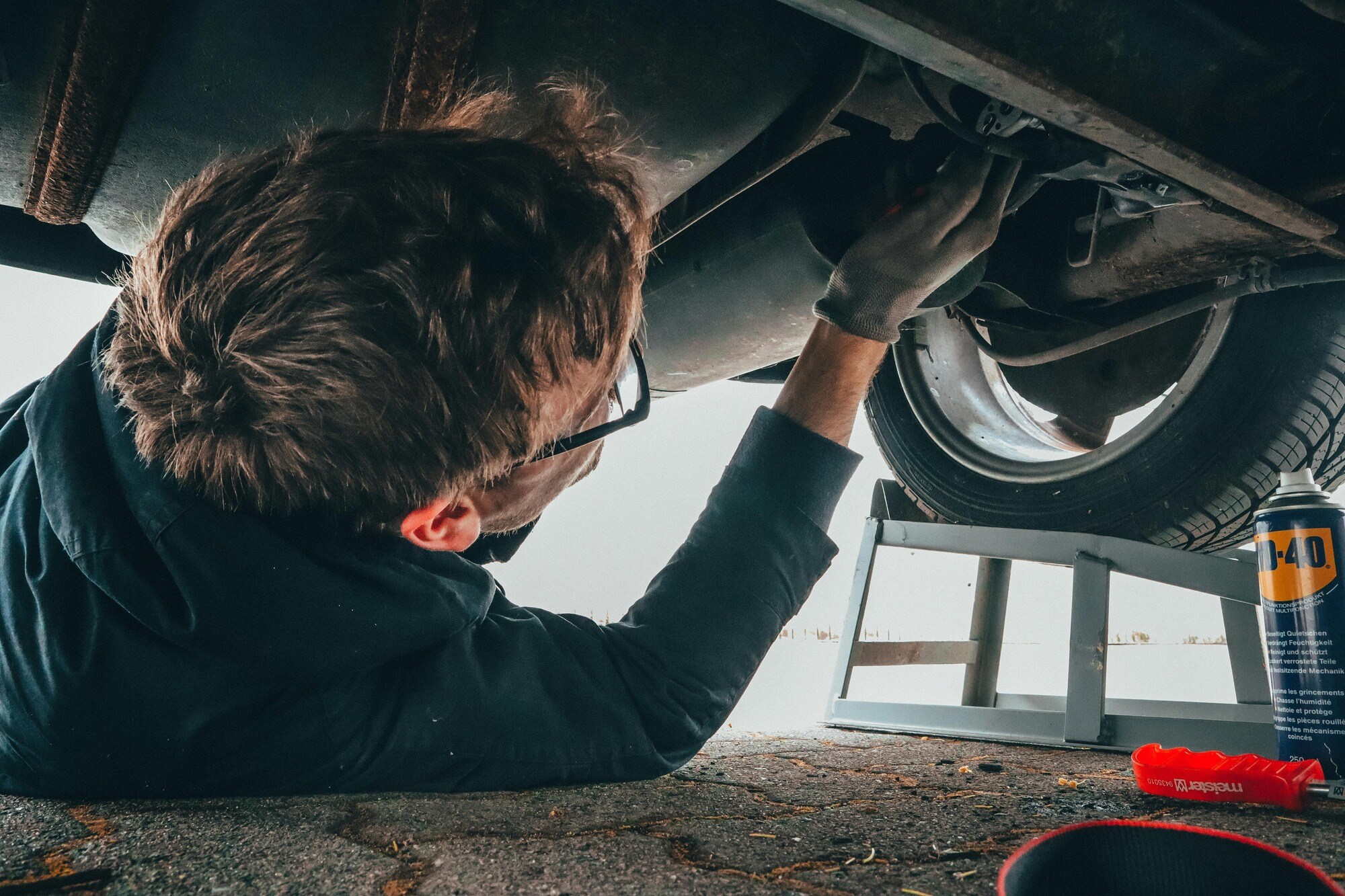
The Importance of Regular Maintenance
Think of your vehicle like your body - it needs regular check-ups to stay healthy. Ignoring minor issues can lead to major problems down the road, costing you more time and money in the long run. Regular maintenance can help prevent breakdowns, improve safety, extend your vehicle's lifespan, and maintain fuel efficiency.
Typically, the maintenance process has the following steps:
Check-In: When you arrive at one of our top-of-the-line service centers, you'll check in with one of our service advisors. Be prepared to provide your vehicle's make, model, year, and mileage.
Initial Inspection: One of our certified technicians will perform a visual inspection of your vehicle, checking for any obvious issues like leaks, worn tires, or broken lights.
Fluid Checks: We'll also check the levels and condition of various fluids, including engine oil, coolant, brake fluid, transmission fluid, and power steering fluid. We'll top off or replace any fluids as needed.
Tire Inspection and Rotation: Your tires will be checked for wear and tear, proper inflation, and damage. If necessary or requested, we'll rotate your tires to ensure even wear to maximize each tire's lifespan.
Brake Inspection: One of our technicians will inspect your brakes, checking the brake pads, rotors, and brake lines for wear and damage. Anything that may need to be replaced will be recommended to you including the remaining brake pad depth if applicable.
Battery Test: We'll also test your battery to ensure it's holding a charge and functioning properly.
Belt and Hose Inspection: We will inspect your engine's belts and hoses for signs of wear, cracking, or leaks. A broken belt can cause serious issues so replacing worn or cracking belts and hoses is very important.
Filter Replacement: Depending on your vehicle's mileage and maintenance schedule, we may replace your air filter, cabin air filter, and fuel filter.
Additional Inspections (if applicable): If you've requested any additional services or if our technicians notices any potential issues, they'll perform further inspections or tests with your permission.
Final Check and Recommendations: The technician will perform a final check to ensure everything is in working order. They'll then provide you with a report of their findings and any recommendations for future maintenance.